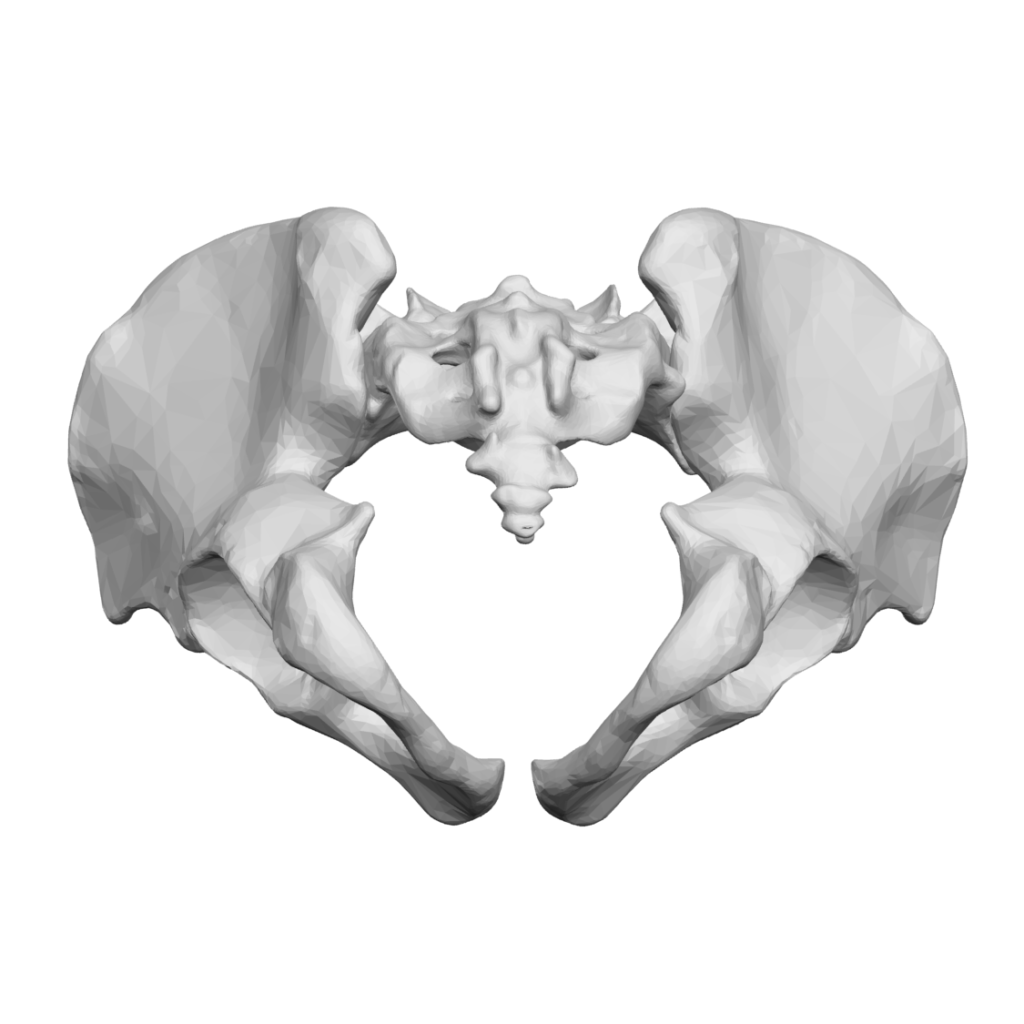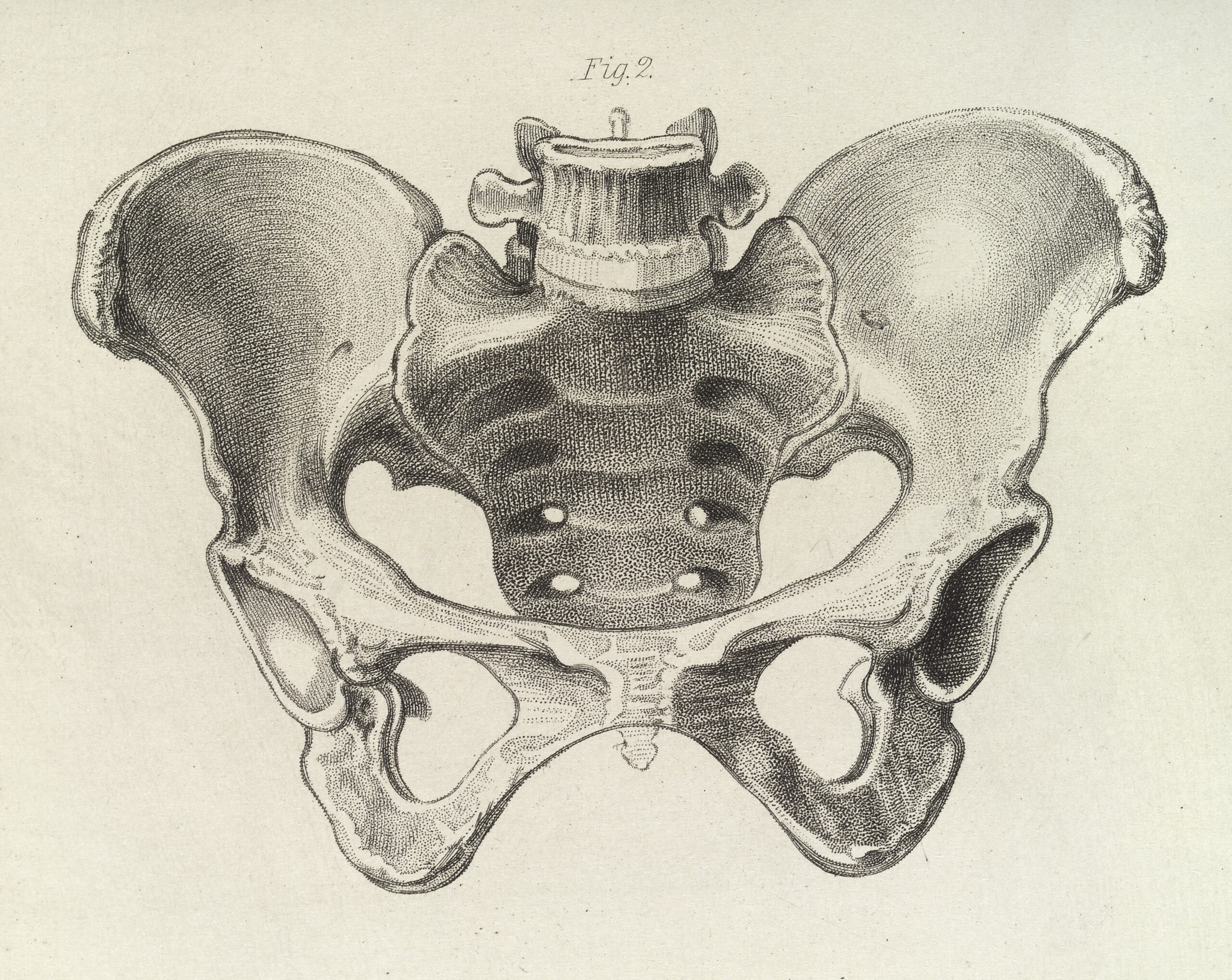Pelvic Health Awareness – Pelvic health often remains a topic shrouded in silence, yet it plays a pivotal role in our overall well-being. From supporting bodily functions to influencing emotional health, the pelvis holds significance that often goes unnoticed until complications arise. Understanding and advocating for pelvic health awareness is essential for a wholesome lifestyle.

Introduction to Pelvic Health
The pelvis, a central structure in the body, encompasses various organs crucial for bodily functions. Despite its significance, discussions about pelvic health remain limited, leading to misconceptions and overlooked concerns. Raising awareness about this often-neglected aspect of health is paramount.
Understanding Pelvic Health
Anatomy of the Pelvis
The pelvis consists of bones, muscles, and ligaments supporting the bladder, reproductive organs, and bowel. A holistic comprehension of its structure lays the foundation for understanding potential health issues.
Common Pelvic Health Concerns
From pelvic pain to incontinence and reproductive health issues, a spectrum of conditions can impact pelvic health. Familiarizing oneself with these concerns empowers individuals to recognize potential symptoms.
Factors Affecting Pelvic Health
Lifestyle and Its Impact
Diet, exercise, posture, and habits like smoking can influence pelvic health. Small changes in lifestyle can yield significant improvements in pelvic well-being.
Medical Conditions Related to Pelvic Health
Conditions such as endometriosis, pelvic inflammatory disease, and pelvic floor dysfunction can affect individuals across various age groups. Recognizing symptoms and seeking timely medical attention are crucial steps towards managing these conditions.
Maintaining Pelvic Health
Healthy Habits and Practices
Maintaining a balanced diet, staying hydrated, and practicing good posture are simple yet effective ways to promote pelvic health.
Exercises and Techniques for Pelvic Health
Pelvic floor exercises, yoga, and other targeted movements aid in strengthening pelvic muscles, thereby reducing the risk of complications.
Seeking Professional Help
When to Consult a Healthcare Provider
Any persistent pelvic pain, unusual discharge, or changes in urinary patterns warrant professional evaluation. Early intervention can prevent further complications.
Treatment Options for Pelvic Health Issues
Medical treatments, physical therapy, and lifestyle modifications form the cornerstone of addressing pelvic health issues. Consulting healthcare providers helps in exploring suitable options.
Stigma Surrounding Pelvic Health
Breaking Taboos and Myths
Cultural taboos often prevent open discussions about pelvic health. Challenging these myths is vital for fostering a more supportive environment.
Importance of Open Discussions
Creating safe spaces for conversations around pelvic health encourages individuals to seek help without hesitation, eradicating stigma.
Empowerment through Education
Spreading Awareness about Pelvic Health
Education campaigns, community workshops, and online resources contribute to disseminating accurate information about pelvic health.
Support Networks and Resources
Access to support groups and knowledgeable resources empowers individuals to manage pelvic health concerns effectively.
Conclusion
Pelvic health awareness is pivotal for holistic well-being. Prioritizing understanding, discussions, and proactive measures concerning pelvic health can lead to healthier lives for everyone.
FAQs (Frequently Asked Questions)
- Why is pelvic health important for both men and women?
- Pelvic health influences various bodily functions, impacting individuals of all genders.
- Are there specific exercises for pelvic health?
- Yes, pelvic floor exercises like Kegels and yoga poses contribute significantly to pelvic muscle strength.
- At what age should one start being concerned about pelvic health?
- Awareness about pelvic health should begin early on, and concerns should prompt discussions with healthcare providers.
- Can poor posture affect pelvic health?
- Yes, maintaining good posture is crucial for overall pelvic health as it supports the spine and surrounding muscles.
- How can one contribute to pelvic health awareness in their community?
- Engaging in open conversations, sharing reliable information, and supporting initiatives promoting pelvic health awareness are impactful ways to contribute.




